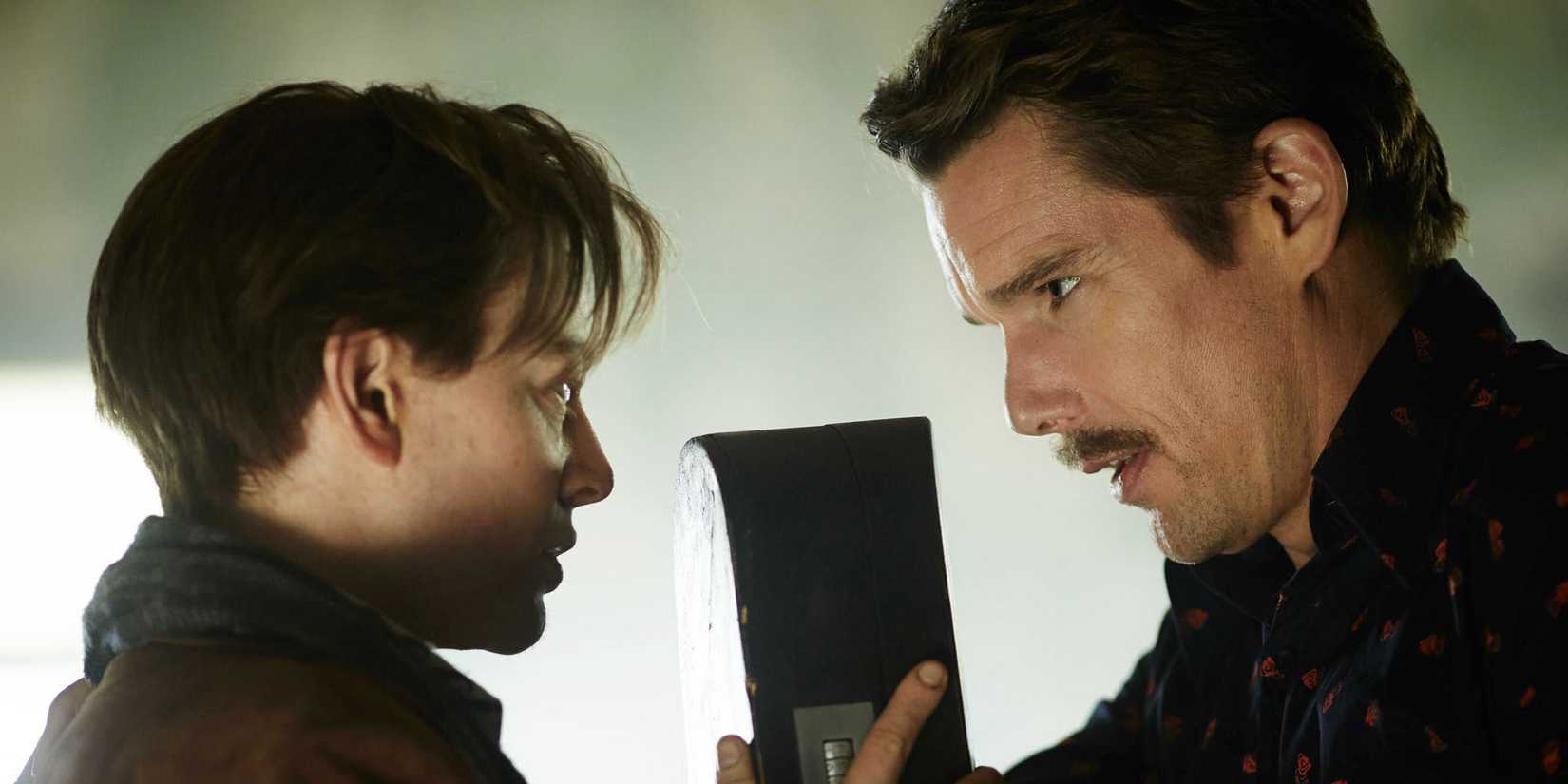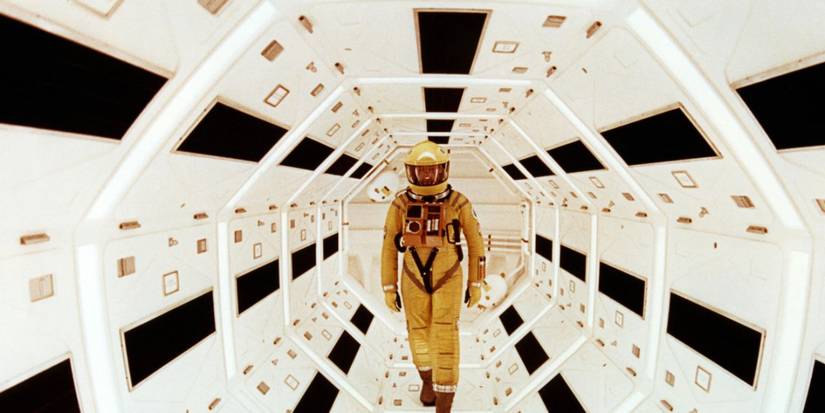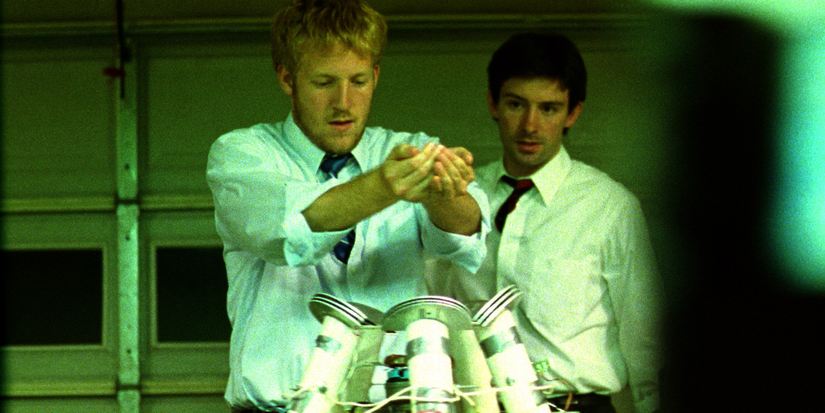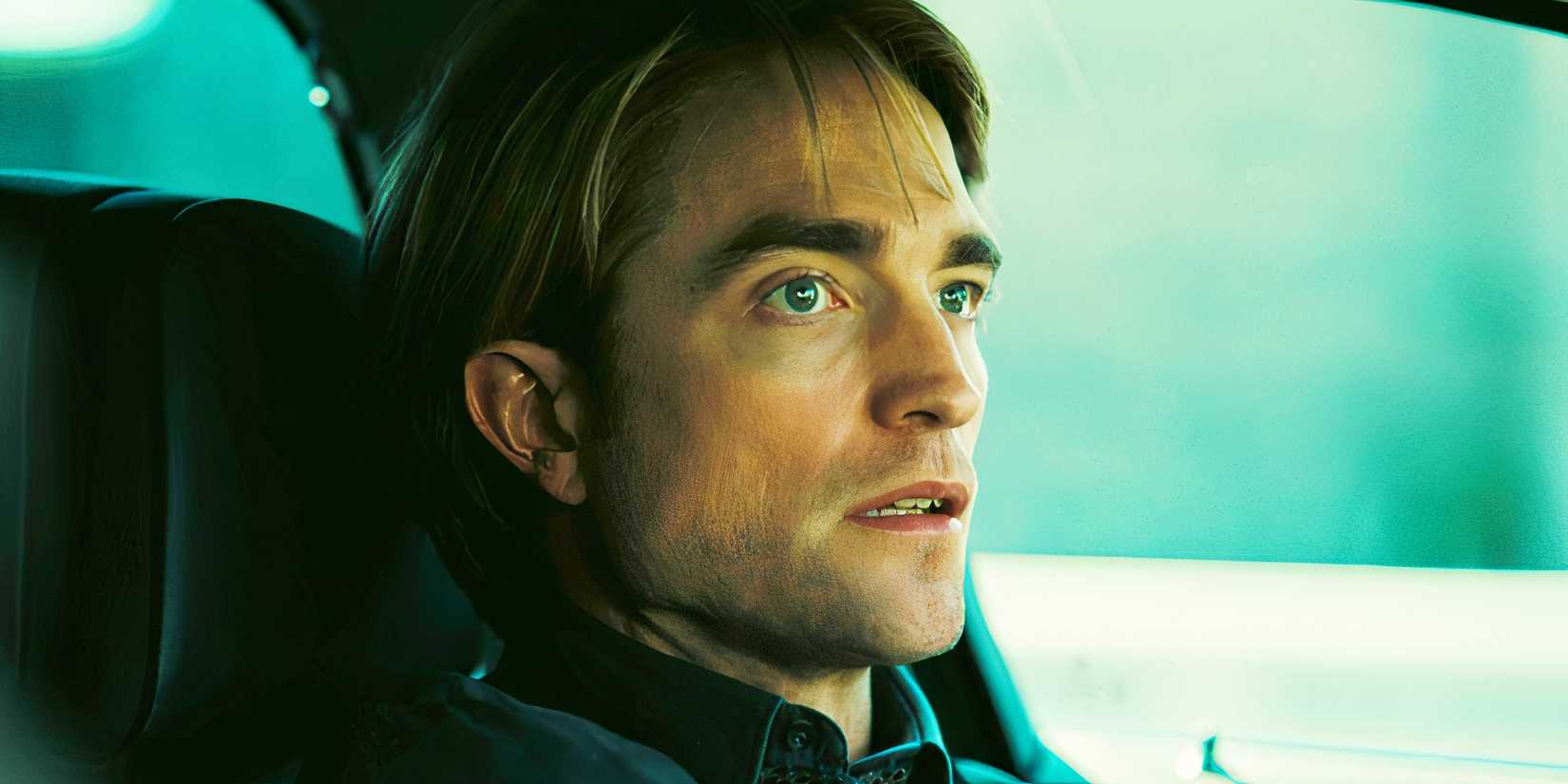There are so many incredible movie genres out there, but sci-fi films have the power to mess with our heads and confuse viewers more than practically any other type of filmmaking. With the freedom to explore other worlds, embrace the complex realities of quantum physics, and test the boundaries of the audiences’ imaginations, sci-fi can both challenge and inspire.
There are lots of movies that are so complex you’d need to be a genius to understand them, and the sci-fi genre is certainly no different. From all-time great movies from prestigious directors like Christopher Nolan to creative, low-budget features that stretch imagination beyond reason, sci-fi thrives on complexity.
Interstellar (2014)
Christopher Nolan demanded full attention from viewers with Interstellar, one of the 21st century’s best sci-fi films. Set in a dystopian future where humanity faces famine and environmental collapse, an astronaut mission seeks a new home for mankind. Nolan grounded the story in real-world science and complex quantum concepts, blending emotional stakes with mind-bending ideas.
From planets whose time dilation means one hour is the equivalent of seven years on Earth to a wormhole to a five-dimensional tesseract wormhole within a bookshelf, Interstellar didn’t underestimate the audience’s intelligence. The theoretical physicist Kip Thorne acted as a scientific consultant for the film and even outlined its concepts in his book The Science of Interstellar.
Mr. Nobody (2009)
The Belgian director Jaco Van Dormael brought his uniquely European sensibilities to Mr. Nobody, the story of a 118-year-old man reflecting on his life. With Jared Leto as Nemo Nobody, this quasi-immortal man looks back on alternate versions of his life where the infinite possibilities of existence are explored through the multiverse hypothesis in a non-linear narrative.
As a highly experimental film that addresses the complexities of a life where anything is possible, Mr. Nobody was a hugely ambitious project that attempted to capture the strangeness of existence in a single film. While many of us pondered the life not lived, Mr. Nobody addressed the idea of being able to live out different versions of our lives.
12 Monkeys (1995)
Monty Python member Terry Gilliam took viewers on a wild journey through time in his cult classic sci-fi 12 Monkeys. With Bruce Willis as a convict sent back in time to gather information on a man-made virus, audiences struggled to make sense of what was real and what was delusion in this story of humanity on the brink of extinction.
12 Monkeys blurred the lines between fact and fiction as James Cole (Willis) was accidentally sent from 2035 to 1990, not 1996 as planned. This mix-up led to Cole being detained in a psychiatric facility. Through a mix of thought-provoking writing and Gilliam’s eccentric cinematic sensibilities, 12 Monkeys stood out as a complex exploration of memory, lucidity, and sanity.
Timecrimes (2007)
Timecrimes will appeal to those with a love of complex time travel stories. Director Nacho Vigalondo managed to pull off an impressive piece of filmmaking as he told the story of a man named Héctor who unwittingly finds himself stuck in a convoluted time loop where he tries to stop other versions of himself from coming into existence.
As an increasingly unwieldy narrative, part of the thrill of Timecrimes was watching as Héctor’s quest spirals out of control as he’s at odds with his double and even his triple in this twist-filled narrative. At just 92 minutes, Timecrimes was a dark glimpse into an existential nightmare that was elevated by smart writing and clever editing techniques.
Looper (2012)
Knives Out director Rian Johnson proved himself as one of the most interesting filmmakers working today with Looper, an action-packed sci-fi where assassins’ targets are sent from the future for extermination. However, things take a turn when Joe (Joseph Gordon-Levitt) is faced with the task of killing his older self, played by Bruce Willis.
Taking high-concept ideas around selfhood, identity, and paradoxes, Looper was an intelligent sci-fi that showcased Johnson as one of the most creative writers in modern Hollywood. While the plot can be confusing at times, the film’s intricate storytelling and clever twists make it a highly rewarding watch for those who pay attention.
The Fountain (2006)
Darren Aronofsky received critical acclaim for experimental works like Pi and devastating dramas such as Requiem for a Dream; however, viewers struggled to connect with the complexities of The Fountain. This difficult-to-understand epic sci-fi romantic drama explored metaphysics, universal patterns, Biblical symbolism, and boundless love over thousands of years.
Produced on a budget of $35 million, The Fountain bombed at the box office and was unable to recoup even half its budget. Although Aronofsky bounced back with later successes like The Wrestler and Black Swan, The Fountain remains his most complex, misunderstood, and divisive release.
Predestination (2014)
Few sci-fi movies embrace the mind-bending complexities of selfhood better than Predestination. As a truly strange sci-fi saga, this story stars Ethan Hawke and future Succession star Sarah Snook in a story with so many twists and turns it’s hard to keep up with just how overwhelming this narrative can be.
With a shocking twist that will leave you scratching your head as you come to terms with how what’s being explained actually adds up, Predestination was ambitious, clever, and truly confusing if you weren’t giving it your full attention. Telling the story of the mysterious Agent Doe, Predestination was an unpredictable journey into the paradoxes of time travel.
2001: A Space Odyssey (1968)
2001: A Space Odyssey has long been recognized as a masterpiece and a landmark release in the career of Stanley Kubrick. While it’s clear upon first viewing that there was something special about this visually stunning work of art, it was also a complex piece of cinema whose alien monolith and intense symbolism were challenging to make sense of.
As a film that explores themes around mankind’s origins and the universe’s destiny, 2001: A Space Odyssey reckons with life’s biggest questions and some truly unknowable concepts. Like the best films, the true meaning behind 2001: A Space Odyssey has many aspects that are open to interpretation by the audience.
Primer (2004)
Primer was the directorial debut of its writer and star Shane Carruth, and right from his very first film, he was confusing audiences with an incredibly cryptic and difficult-to-understand movie. As a sci-fi time travel story, Primer was about two friends named Aaron and Abe who invented a time machine in their garage.
Made on a shoestring budget of just $7,000, Primer used real-world science as the basis for its depiction of time travel, which forced viewers to reckon with complex ideas of quantum mechanics. While most time travel movies simplify and dumb down these concepts, Primer relishes in the intricacy of it all.
Tenet (2020)
Christopher Nolan has always had a reputation for pushing audiences out of their comfort zones with complex subjects and unusual narratives. However, one film that went too far was Tenet, a time travel story that even cast members like Robert Pattinson (via Esquire) admitted they had difficulty understanding.
As a sci-fi espionage story that featured multiple overlapping timelines, trying to make sense of Tenet upon first viewing is a fool’s errand. While some might view it as a dazzling puzzle just waiting to be put together by eagle-eyed viewers, others found Tenet’s complexities exhausting and not worth the mental effort needed to unpack them.
Source: Esquire


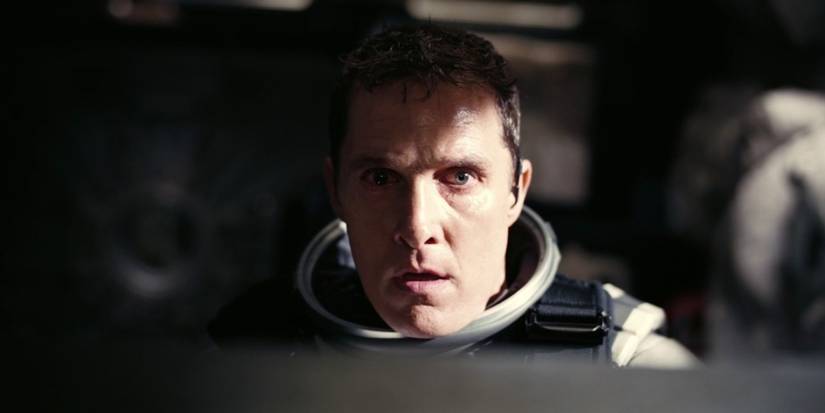


(2007).jpg?q=70&fit=crop&w=825&dpr=1)


